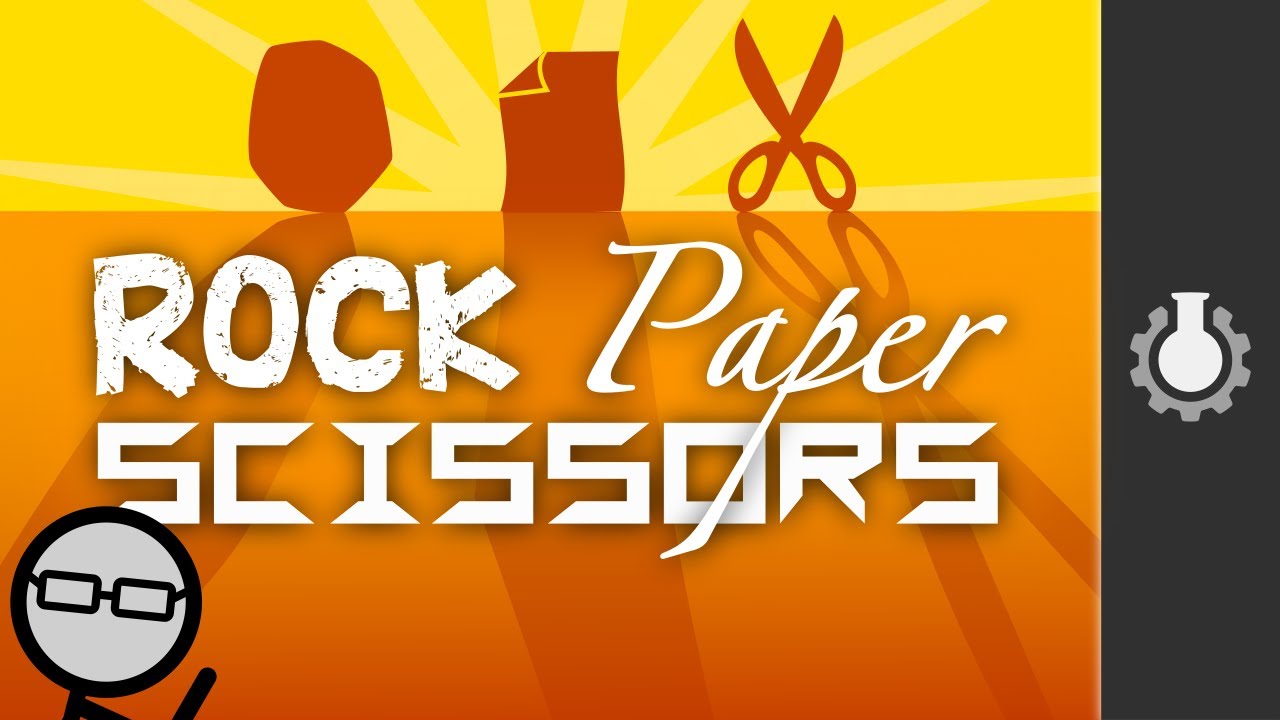Secondary / backup account for @MHLoppy@fedia.io
(header photo by Brian Maffitt)
- 18 Posts
- 9 Comments

 32·11 months ago
32·11 months agoI agree it’s a useful insight, but it’s the only sentence in the entire article that isn’t instead discussing the merits of lump sum vs regular payment. Saying that “it’s the takeaway” from the linked article is insanity.
The Wikipedia page for Hitler includes the sentence:
The stock market in the United States crashed on 24 October 1929.
That doesn’t make it the takeaway of the article!! If you want to make a case for something, bring the right evidence. As the researchers themselves have said, this study can’t just be generalized to high-income countries.

 1·1 year ago
1·1 year agoA couple of personal highlights:
- CS2 will have new weapons added in future
- Modes like Arms Race and Surf have “not been forgotten”
In addition to not qualifying by most definitions of open source (as already mentioned), CC is not recommended for use in software: https://creativecommons.org/faq/#can-i-apply-a-creative-commons-license-to-software
We recommend against using Creative Commons licenses for software. Instead, we strongly encourage you to use one of the very good software licenses which are already available.
[…]
Unlike software-specific licenses, CC licenses do not contain specific terms about the distribution of source code, which is often important to ensuring the free reuse and modifiability of software. Many software licenses also address patent rights, which are important to software but may not be applicable to other copyrightable works. Additionally, our licenses are currently not compatible with the major software licenses, so it would be difficult to integrate CC-licensed work with other free software. Existing software licenses were designed specifically for use with software and offer a similar set of rights to the Creative Commons licenses.
Edited link for kbin/mbin users: https://creativecommons.org/faq (scroll to Can I apply a Creative Commons license to software?)

 129·1 year ago
129·1 year agoThrough long and weary travels,* I bring the gift of source preserved by the workers of the great archives: https://web.archive.org/web/20140831164530/http://bjorn.tipling.com/if-programming-languages-were-weapons
* (they weren’t that bad honestly, a kind soul that took the journey 9 years ago made mine much shorter)

 3·1 year ago
3·1 year agoWelcome to the statistically-likely club!

 8·1 year ago
8·1 year agoRegarding Fedia.io, it’s currently inaccessible as I’m working with developers to debug the problems and sadly symfony exposes way too much in debug mode
 1·1 year ago
1·1 year agoBased on what I’ve heard from kbin instance admins (especially jerry, the owner of fedia.io, where I usually post from when not dealing with errors), it’s not an easy thing to keep running in its current state. I imagine if you instance hop sub-100 user kbin instances many of them will end up shutting down or having inactive owners.
For example, feddit.online is kbin instance #6 by user count (yet it’s still <100!) and has announced they’re shutting down in a couple of months: https://feddit.online/m/feddit/t/66403/SERVER-GOING-AWAY-ON-NOV-26th
To have a stable instance experience without going with a large instance you might have better luck with another AP platform as your home base, whether Lemmy or something else entirely.

 2·1 year ago
2·1 year agoNot that it really matters much, but here’s the original version of the image: https://www.gettyimages.com/detail/photo/google-android-phone-characters-group-royalty-free-image/458243847





















In this experiment, external funding is paying for the handouts.
In a self-contained system, the same system/community providing the handouts would be generating the revenue for them (e.g., via taxation). Think of existing social welfare where “the system” generates the revenue that pays for the welfare programs.